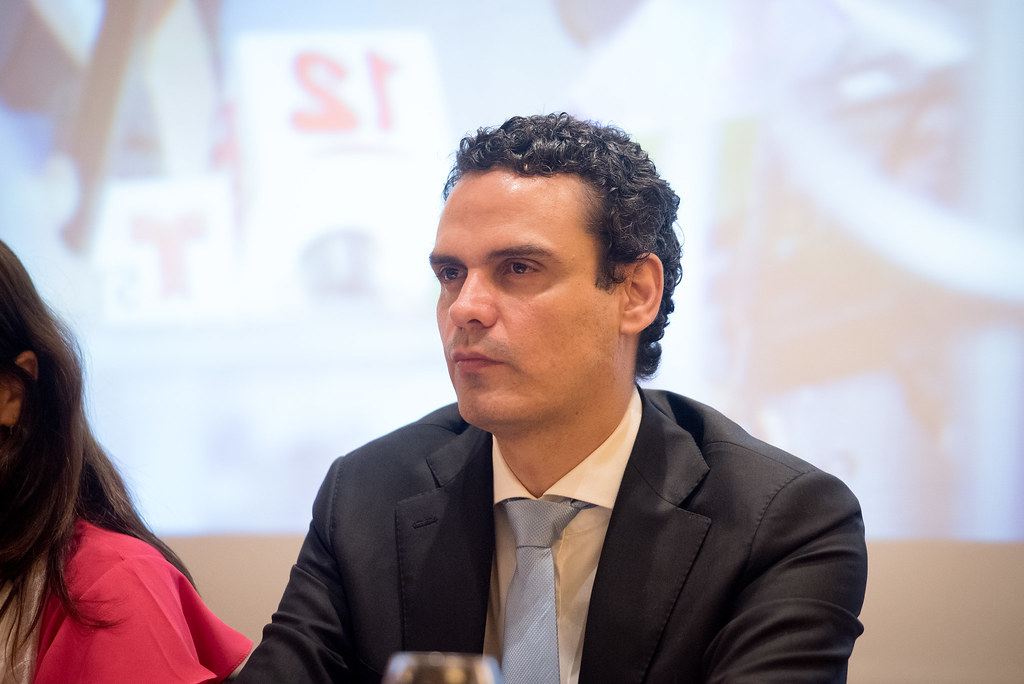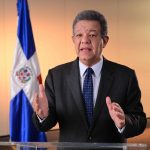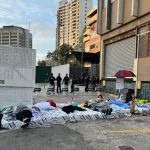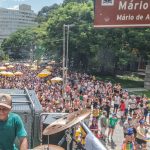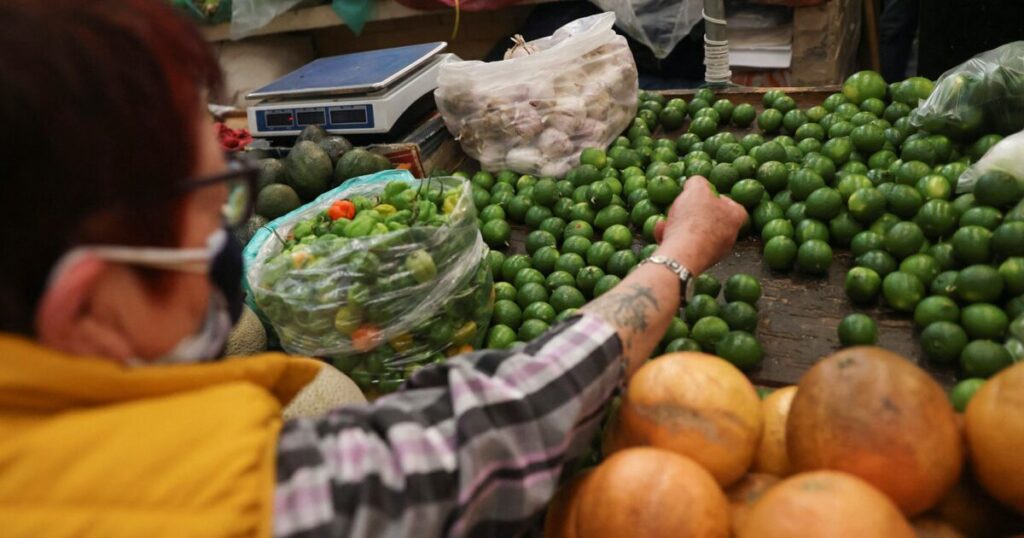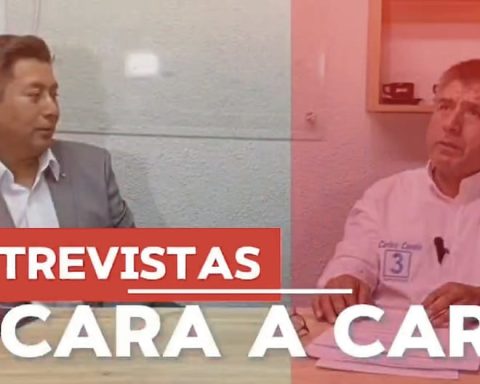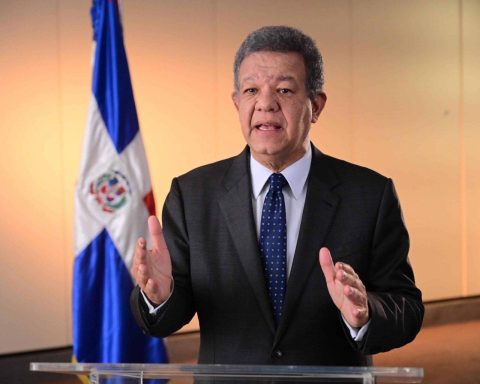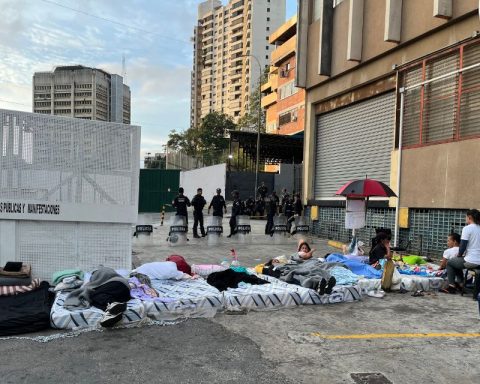The political trials undertaken by the Ortega regime against the prisoners of conscience imprisoned in the El Chipote prison complex do not have “evidential substance” nor “legitimacy of origin,” explained Brazilian jurist Paulo Abrão, former executive secretary of the Inter-American Commission of Human Rights (IACHR).
This week the first seven sentences were given against these prisoners of conscience, in irregular trials that are taking place in Chipote, and not in a corresponding court. The convicted political prisoners were the political leaders Ana Margarita Vijil and Dora María Téllez; student leader Lesther Aleman; journalist and presidential candidate Miguel Mora, young activists Yader Parajón and Yaser Vado, and former deputy María Fernanda Flores, all found guilty of the alleged crime of “conspiracy to undermine national integrity.”
Among the evidence presented by the Public Ministry that was accepted as valid by the Ortega judges were posts on Twitter or other social networks, in which defendants shared information or expressed critical opinions of the regime.
Abrão in an interview on the program This week-which is broadcast on Facebook and YouTube due to the censorship of the regime- explained that the fact of establishing as valid evidence expressions that are part of the free thought that each citizen has the right to have, is clear proof of the lack of legitimacy of origin of the alleged evidence with which prisoners of conscience are being sentenced.
“That is an example of the great fragility of these trials, which have no concrete materiality, no evidentiary substance. They have to seek in attitudes of expression of freedom of thought, the foundations to be able to frame them in situations of attack on the nation, the State or national security”, he pointed out.
“This affects freedom of expression and the free exercise of independent media. The sentences themselves and their justification aggravate the entire succession of authoritarian acts against the inmates. The sentences themselves are a new violation of their human rights,” added the Brazilian jurist.
The succession of authoritarian acts to which Abrão refers in the Ortega political trials is what deprives these processes of legal legitimacy. Illegalities that range from the arrests themselves, made in a way that violated the legal processes established in Nicaragua, to the actions of the Public Ministry and the judges themselves during these judicial processes.
The regime’s Public Ministry, in addition to requesting prison sentences of up to 15 years in prison, demands that the conviction also establish disqualification from holding public office. The sentences of the first seven convicted will be announced during the course of this week.
“We are seeing trials behind closed doors, with intimidation of the people who are being accused. They are restricting their right to speak freely. They have to deal with all the harassment and intimidation of their relatives, with the whole process of stigmatization and prejudice from the highest authorities in the country. What is happening in Nicaragua is an incomparably serious situation,” said Abrão.
When the regime’s Public Ministry disclosed the start of the political trials, it did so through a press release in which it violated the principle of presumption of innocence of prisoners of conscience, by describing them as “criminals and delinquents.”
“The Prosecutor’s Office is being completely instrumentalized, because we all know that these trials that take place in Nicaragua were premeditated and prepared. They created an entire environment of persecution that involves the legislative power, the executive power and now the power of justice. A police state is being consolidated, a state of exception. But at the same time, an environment of generalized illegitimacy, generalized authoritarianism, is brewing, with this manipulation of state structures,” said the former executive secretary of the IACHR.
Abrão argues that this totalitarian instrumentalization of the state apparatus to besiege, persecute and imprison opponents and citizens in Nicaragua is unmatched in the Latin American region, even taking as points to compare nations with problems in their systems of government such as El Salvador, Honduras or regimes like the one in Venezuela.
“It is one of the worst scenarios that can be built in any country, because people no longer have any alternative protection, they no longer have anyone to look for. There is currently no situation comparable to the one Nicaragua is experiencing. There is no way to compare the totalitarianism that Nicaragua is experiencing with other situations in the region,” he added.
The jurist explained that other totalitarian countries in which the conviction of opponents and political persecution are practiced, at least there are “minimal gaps” in their rotten judicial systems that allow rejecting convictions or denouncing the arbitrariness experienced by the accused.
One of the most striking incidents in the Chipote political trials is when the student leader Lesther Alemán was sentenced. When she wanted to make use of her right to speak, the prosecutor yelled at the Ortega judge Nadia Camila Tardencilla Rodríguez, “even if it is her right, do not allow her to speak.” The court gave in to the prosecutor’s demand and Alemán only managed to say, “I am innocent.”
“These are effectively dictatorial practices. Nicaragua is an authoritarian justice system, where an appearance of legality is maintained for all judicial procedures, but in truth it is a construction oriented to a certain group of people with whom there are political differences or because they have critical thoughts. Legislation and judicial institutions are manipulated,” said the jurist.
This week the prisoners of conscience Suyen Barahona and Víctor Hugo Tinoco, directors of the Unamos organization, formerly known as the Sandinista Renovation Movement, the sports journalist Miguel Mendoza, the political scientist José Antonio Peraza, the activist Alexis Peralta, the leader peasant Freddy Navas and student leader Max Jerez.
“This goes further, with those of the judicial authorities as accomplices of this legal and illegitimate repressive system. They are manipulating the entire institutional framework, which in theory was created to protect people, to develop a repressive apparatus”, remarked Abrão.
The specialist in human rights issues predicted that when democracy is installed again in Nicaragua, the processes against prisoners of conscience can be reversed without difficulty. For this, it will be necessary to have all the possible documentation on these events, plus the collaboration of specialized international organizations.
“When democratic normality is restored in Nicaragua, I have no doubt that everything that is happening will be repaired or annulled, because all this has a source of origin that is not legitimate and is not democratic. It is a succession of illegalities and authoritarianism that accumulate institutionally”, he predicted.
“In the international arena you can try to help, you can follow up on the complaints. For example, in the United Nations Arbitrary Detention Committee. Cases pending before the Inter-American Commission on Human Rights can also be expedited. They must go to the Inter-American Court of Human Rights so that these violations are at least registered, characterized and documented. This is so that when the system changes in Nicaragua, it will be grounded to move forward with these annulments,” he concluded.
